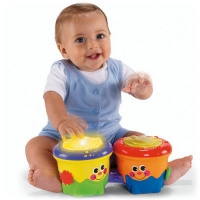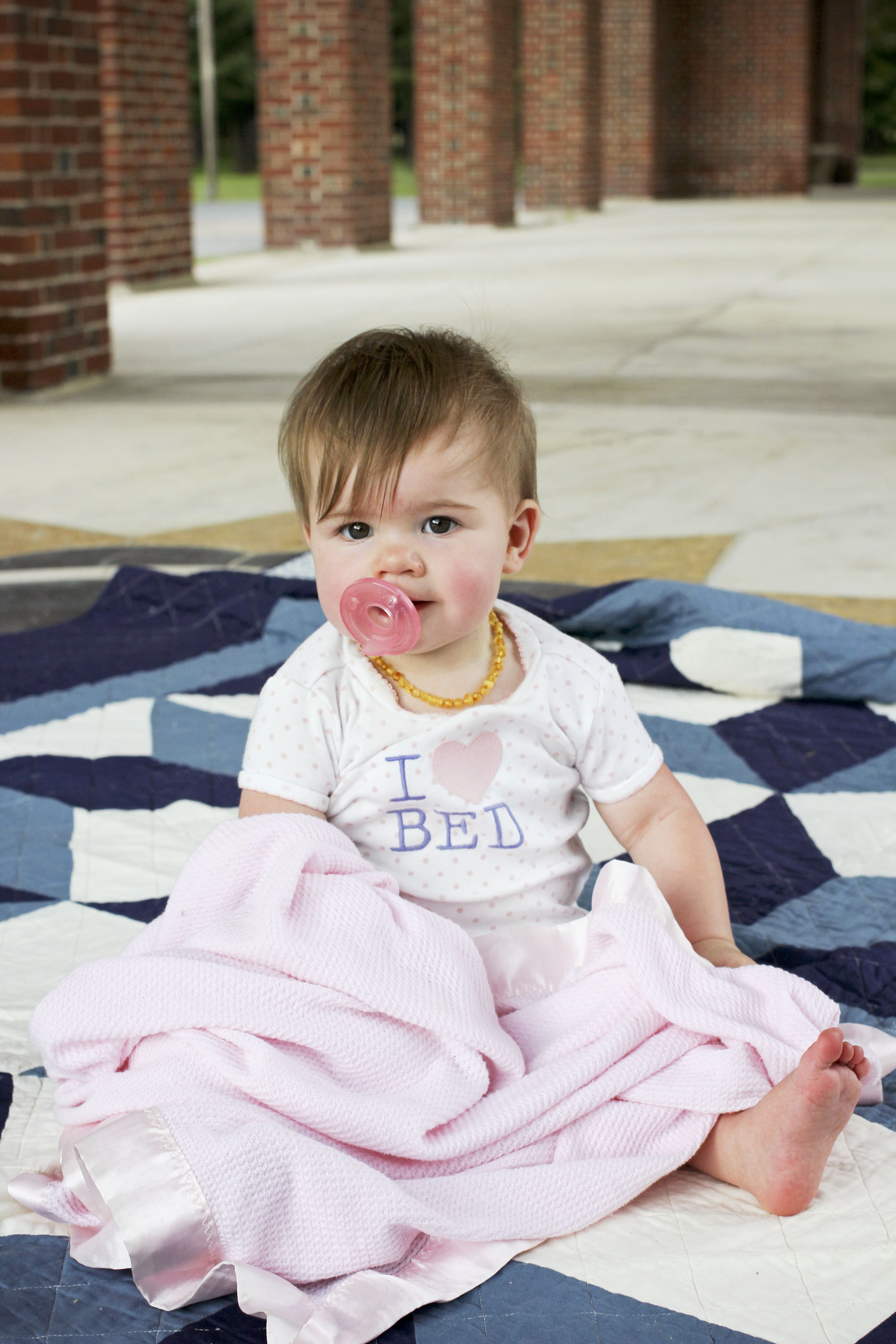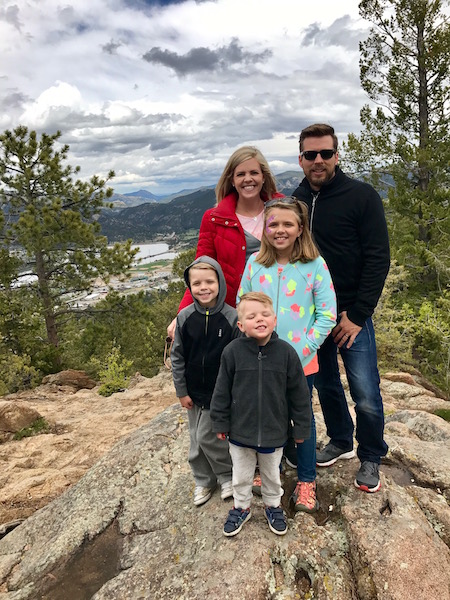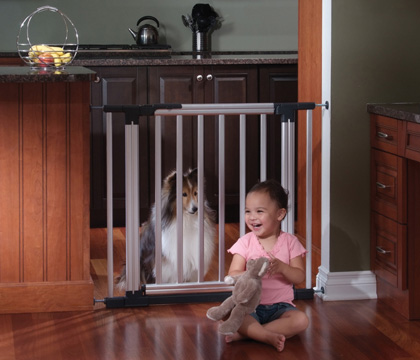In fairness, we all simply want to give them the best start possible in what can be a very challenging world to say the least. Children are young for a very short time and we need to relish every moment and use their sponge-like brains to absorb as many positive experiences as possible during this special time.
Giving your little one the gift of music appreciation is priceless and it is something that will stay with them for the rest of their lives according to Caroline Crabbe, General Manager at Jo Jingles
A fantastic way to aid your child’s mental and physical development is to bring the gift of music, singing and movement into your own home. Learning songs together and singing them at home, in the bath, in the car, on holiday, at the park (or wherever you like!) will bring lots of happiness to your child’s life while giving them a starting point to really appreciate the benefits of music as they get older. You can also encourage grandparents, uncles and aunties or even child minders to replicate these activities and songs while your child is in their care to ensure consistency. Before long, your little one will be clapping along, smiling and making all sorts of attempts to make sounds and join in the singing!
“A child is more confident, usually speaks early and gains an early grasp of the rules of communication if started early in clapping games, group activities and musical games”.
Dr Miriam Stoppard, child psychologist
|
image: http://www.thebabywebsite.com/articleaddimage/babymusic.jpg
|
Whether it is at home or via attending a baby music class, regular exposure to music and singing right from birth will provide progressive learning for your baby. Try to sing songs that involve actions, movement and dancing. Using traditional nursery rhymes can also be hugely beneficial though you may not even realise it. Most of us instinctively understand that babies and toddlers react positively to us when we sing songs to them, but what we may not fully appreciate is how those endless repetitions of “Twinkle, Twinkle, Little Star” are a fundamental part of our baby’s mental, physical and social development, helping to “wire up” their brains ready for speech development.
Some action songs such as ‘The Wheels on the Bus’ and ‘Dingle, Dangle Scarecrow’ can also help children to develop role-play techniques (vital for communication) and provide educational themes that also help with coordination too.
Exposing a child to music and nursery rhymes at an early age will help to develop language, numeracy, concentration & listening skills; develop self-confidence & independence; develop physical co-ordination; develop social skills and develop intellectual & emotional intelligence
From bump to birth music makes a difference…
Amazingly, at 20 weeks from conception your unborn baby can hear. By five weeks before birth, the cochlea, the spiral-shaped part of the inner ear responsible for hearing, is usually mature suggesting that prenatal hearing can help infants perceive the sounds of speech. Research from scientists has shown that babies can remember melodies they have heard in the womb even a month after they are born.
Here are five great tips from Jo Jingles to get you started on your musical journey!
image: http://www.thebabywebsite.com/articleaddimage/pb
Rather than play music CDs, use the power of your own vocals to comfort and stimulate your baby’s hearing. They already love the sound of your voice.
image: http://www.thebabywebsite.com/articleaddimage/pb
Select songs that make you feel happy, inspire fond memories or simply those you love to have a good old sing to.
image: http://www.thebabywebsite.com/articleaddimage/pb
Choosing a song that makes you feel relaxed is great, but you can also choose music that makes you feel active and lively – both will have a positive impact on your baby. Remember to avoid prolonged, very loud music or putting musical devices too close to your skin because this may be harmful to your unborn baby.
image: http://www.thebabywebsite.com/articleaddimage/pb
Have a go at recording yourself singing your favourite songs in true karaoke style – then when you are tired or don’t feel like singing you can simply play the recording instead (while in your tummy your baby will become familiar with certain songs and melodies too).
image: http://www.thebabywebsite.com/articleaddimage/pb
Singing is also good for you – it can help to reduce pain and increase your oxygen levels, boost immunity, as well as sending lots of endorphins to your baby via the placenta.
article written
by
Caroline Crabbe, General Manager at Jo Jingles – Jo Jingles provides music, singing and movement experience classes for babies and pre-school children from three months to five years of age.
Read more at http://www.thebabywebsite.com/article.3100.Your_Baby__Music.htm#dcyhOGl6LxPxRphP.99




